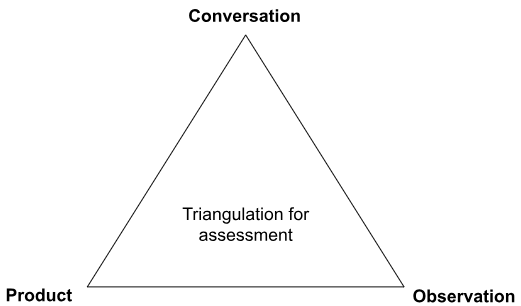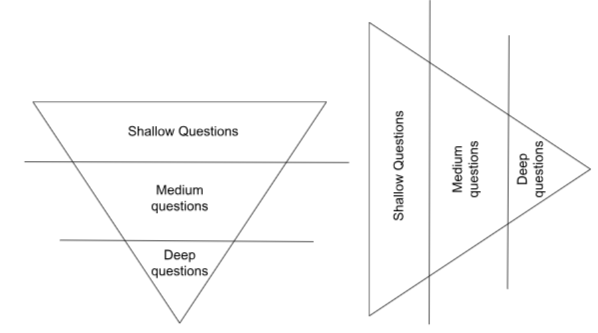I greatly enjoyed Trevor Mackenzie’s talk on honouring student agency in classroom environments.
One thing that I loved learning more about was how to give feedback outside of giving a grade. His triangulation for assessment example helped me understand that I can assess a students’ learning based on transient experiences with them, such as observing a powerful learning moment or having a conversation that reveals something about the student’s learning. I will definitely be adopting a version of his report card/grading method that revolves around a portfolio showing evidence of learning and negotiating a grade from their with each student, while also giving deep feedback. I think that this aligns beautifully with the new assessment style pushed by the Ministry which we discussed in the seminar at Parkland this week.

I also really appreciated Trevor’s advise on how to guide students towards free inquiry using a scaffolding approach. I am eager to implement as much free inquiry as possible into my classrooms, but I never understood how you could teach a student how to choose appropriate topics and ask good questions to lead them to a project idea. The question triangle flipping to show the “direction of learning” really helped me visualize how to guide students to creating effective and enjoyable inquiry projects, which will then allow them to customize their learning in ways that will motivate them to succeed.

Finally, I was touched by Trevor’s discussion about bodily autonomy in classroom environments, especially allowing students to do what they want with their bodies while learning (sitting, standing, moving, stimming, etc). As someone who often performs much better at a standing desk and while being allowed to move and stim, I really resonated with the young student shown in the video, and I can’t wait to continue brainstorming ways to implement vertical learning and flexible seating in my future classes.